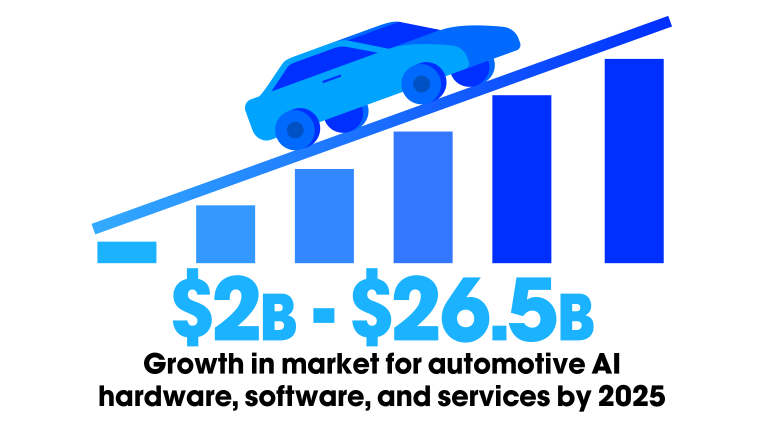From interactive voice-enabled audio advertising on speakers, in-car, and mobile streaming systems, to banner ads that invite users of TVs and mobile devices to respond to a question, or ask for more information, voice ads are gaining popularity. But, voice commerce and revenue generation from a voice assistant is not confined to these conventional forms of advertising. In fact, done correctly, voice commerce could become a welcome feature to users of all types of devices.
Conversational voice AI—once an aspirational goal of voice assistants—is emerging as the preferred form of voice user interface for manufacturers and service providers. No longer satisfied with the keyword-dependent voice assistants of the past, companies are seeking natural, engaging digital voice experiences for their customers.
Investments in custom voice assistants built on advancing technology have driven companies to look beyond the increased customer satisfaction scores and Net Promoter Scores (NPS) that are helping them prove ROI on their investments. Voice assistants equipped with large content libraries and the ability to understand intent and to follow a string of modifications in a single query have sparked the imaginations of developers and the C-Suite alike.
The question they are asking themselves today is, “How can we transform our digital voice assistants from purely functional interfaces to become truly personal assistants that can make suggestions and provide purchasing opportunities in a way that is pleasing to the user?”
Until recently, voice commerce opportunities have been limited to designing interactive voice ads that users can opt-in opt-out of. While less intrusive than unwanted advertising, these advertising models still take the user out of their voice experience—even if for just a few seconds.
Monetization models that are truly unintrusive have a few things in common. Let’s explore 5 key elements to voice AI monetization that delights the customer:
- Occur within the user journey
- Based on user intent
- Personalization w/customer consent
- Multilingual
- Payment infrastructure
Purchasing suggestions that happen naturally in conversation
If you’re having a conversation with a friend about things to do in a distant city and they suggest a great hotel in the area that they know routinely runs discounts, you wouldn’t find that suggestion intrusive. When we think about our interactions with voice assistants, we should be applying the same conversational parameters to our efforts to monetize.
In other words, if a voice assistant is truly a helpful companion, then they should be able to anticipate future needs based on the questions you’re asking and your possible intent. If your friend can assume that questions about activities and weather mean you’re considering travel, so should your conversational voice assistant.









